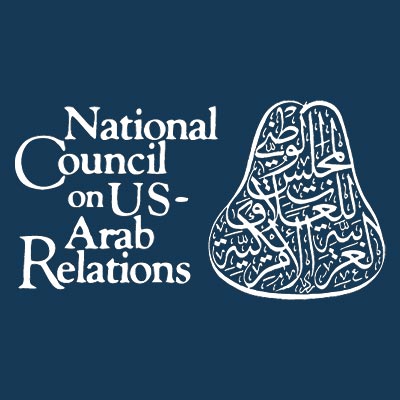GCC to continue heavy investments in infrastructure
Source: Al Arabiya (Read full story)
The Gulf Cooperation Council (GCC) countries will continue to invest heavily in infrastructure and diversify their economies, thus boosting non-oil GDP growth, Qatar National Bank (QNB) said in a report. The study also noted that the MENA region is expected to grow between 3.5 percent and 4 percent this year and 4.5 percent to 5 percent in 2014, notwithstanding significant headwinds from the global economy and domestic political uncertainty in a number of countries in the region.
…
British government to ‘strongly support Taliban office in Doha’
Source: Gulf Times (Read full story)
The British government will “strongly support” the Taliban office in Doha as a “very positive development” and hopes it opens “soon”, outgoing British ambassador Michael O’Neill told the media during his farewell press conference yesterday. Responding to a question on the UK’s role in talks over opening of the Taliban office in Doha, O’Neill said: “We think it would be a very positive development for a Taliban political office to open here. It would be positive because it’s necessary for the Afghan people, just like people in other conflicts, to find a political settlement to the challenges that exist in their country.”
…
Court upholds one-vote decree, scraps assembly – New elections to be held – Opposition slams ruling
Source: Kuwait Times (Read full story)
In yet another dramatic day in Kuwait’s political crisis, the constitutional court yesterday nullified the election process held on Dec 1 last year and dissolved the National Assembly, but at the same time it upheld the controversial Amiri decree that amended the electoral law and sparked street protests. Head of the court’s five-judge panel Youssef Al-Mutawa read out the verdict in the Palace of Justice auditorium that was packed with journalists and lawyers. The court, whose verdicts are final, called for holding fresh elections on the basis of the single-vote law that has been repeatedly described by the opposition as unconstitutional.
…
Riyadh hopes for warm ties with Tehran under Rowhani
Source: Arab News (Read full story)
…
King Abdullah commended Rowhani’s desire to strengthen cooperation and improve relations with Saudi Arabia as expressed in his statements. Crown Prince Salman, deputy premier and minister of defense, also sent a similar congratulatory cable to Rowhani. The leaders of other GCC countries such as UAE, Bahrain, Kuwait, Qatar, and Oman have also congratulated the new Iranian president. “We look forward to working together for the good of this region and the Emirati and Iranian peoples,” the UAE President Sheikh Khalifa bin Zayed Al-Nahyan wrote in a telegram to Rowhani, state news agency WAM reported.
…
Payouts on Way
Source: Gulf Daily News (Read full story)
Pension rises and anti-inflation allowances are imminent, and will be backdated to last January. The Premier directed the ministries of Finance and Social Development as well as the Social Insurance Organisation to fast-track payouts once the budget law has been passed. His Royal Highness Prime Minister Prince Khalifa bin Salman Al Khalifa gave his instructions as he chaired the weekly Cabinet meeting at Gudaibiya Palace. He thanked the legislative authority for its constructive co-operation with the government on the budget, and also commended the Shura Council president and members for endorsing it last Thursday.
…
Abu Dhabi nuclear plant site prepares for 17,000 new arrivals
Source: The National (Read full story)
When the UAE’s first nuclear-power plant opens at Barakah in 2017, an estimated 2,000 people will be working on the site and living in Al Ruwais with their families. The area is undergoing major developments in preparation for the new community, said Fahad Al Qahtani, the external communications director at Emirates Nuclear Energy Corporation (Enec). “To quote our chief executive, for every nuclear-plant employee we will need six workers in supporting services,” Mr Al Qahtani said.“These supporting services include schools, shops, restaurants and so on.”
…
Solar power shines in oil-rich Saudi Arabia
Source: The Christian Science Monitor (Read full story)
As solar prices have fallen, and oil prices have risen, Saudi Arabia now has a strong economic incentive to push ahead with its long awaited solar plans, Peixe writes. Saudi Arabia’s desire to install vast amounts of generation capacity makes them a potentially important market, and they will be able to take advantage of this with Chinese manufacturers. Gulf countries, whilst rich in oil and natural gas, also have an abundant supply of sun, which makes them an ideal location for solar power technologies, yet despite this fact they lag far behind the rest of the world in terms of capacity installed.
…

